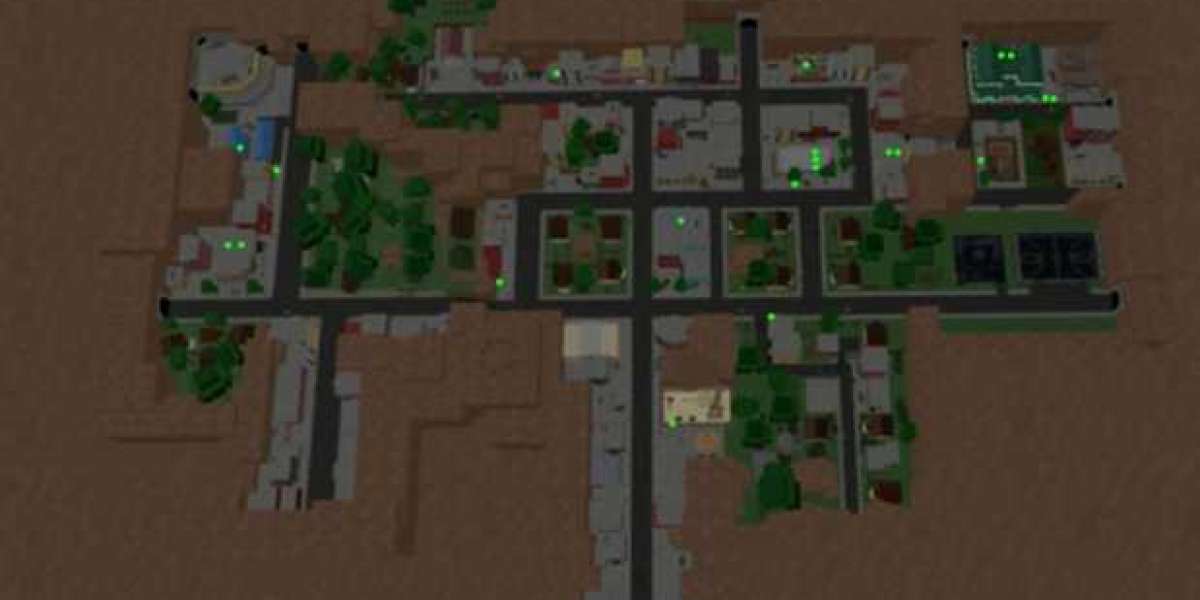Introduction:
November 22nd, 1963, marked a dark day in American history, forever etched into the collective memory of a nation. On that fateful afternoon in Dallas, Texas, a tragic event unfolded that would shake the foundations of the United States and leave an indelible mark on the world. This was the day when President John F. Kennedy was assassinated, an event that would forever change the course of American politics and ignite a sense of mourning and disbelief across the entire nation.
Body:
As President Kennedy's motorcade made its way through Dealey Plaza in downtown Dallas, a series of gunshots pierced the air, bringing chaos and panic to the scene. The first shot struck Kennedy, causing him to react visibly, while the following shots tragically sealed his untimely fate. In the ensuing moments, amidst the screams of horrified onlookers, the president's limousine sped away in a desperate attempt to reach the nearest hospital.
The news of the assassination spread like wildfire throughout the nation, and within hours, the entire country was gripped in shock and grief. Television networks interrupted regular programming, announcing the tragic event and broadcasting live coverage of the aftermath. People stood frozen in disbelief, their eyes glued to the screens, hoping that this nightmare was somehow a terrible mistake.
In the days that followed, the nation mourned the loss of its vibrant and charismatic leader. In Washington D.C., thousands of mourners lined the streets to pay their respects as President Kennedy's body was transported to the Capitol Rotunda to lie in state. World leaders and foreign dignitaries arrived to attend the state funeral, united in their grief and bewilderment at such an unthinkable act of violence.
The assassination of President Kennedy catalyzed investigations and inquiries, with the Warren Commission eventually concluding that Lee Harvey Oswald was the sole perpetrator. Yet, even decades later, conspiracy theories and speculation continue to surround this tragic event, shrouding it in a veil of uncertainty.
Conclusion:
The assassination of President John F. Kennedy remains an open wound in American history, serving as a stark reminder of the vulnerability of its leaders and the fragility of a nation's ideals. This event not only marked the end of an era but also signaled a turning point in American politics and ignited a collective yearning for a return to the spirit of hope and optimism that defined the Kennedy presidency. In the wake of this tragedy, the nation would come together, determined to heal and to preserve the legacy of a president who had dared to dream of a better future.



